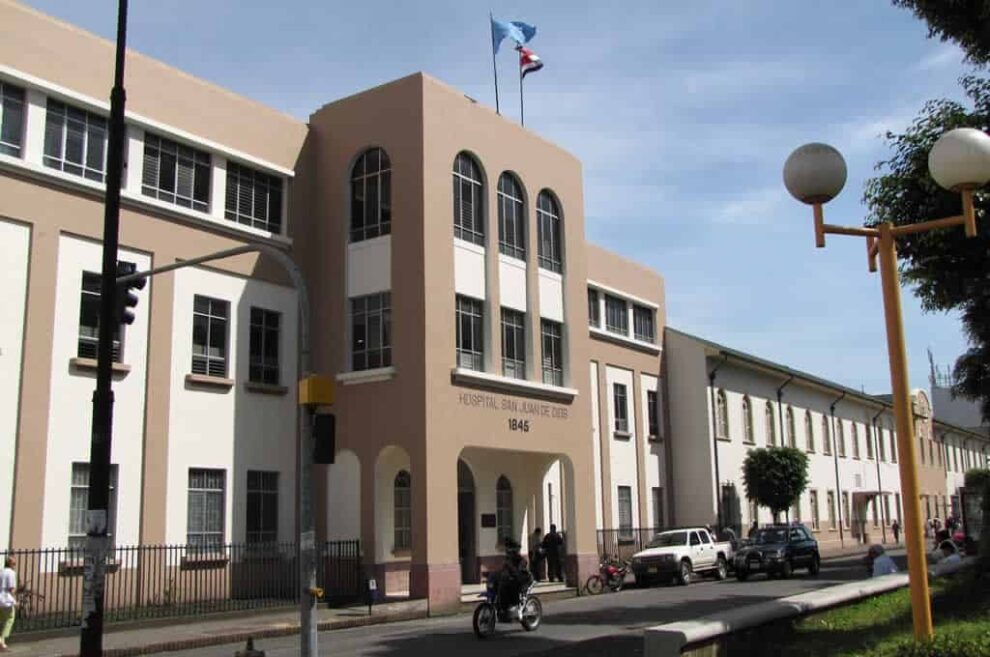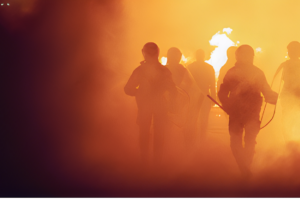Costa Rica is one of the healthiest countries in the Americas. It has one of only 5 Blue Zones in the world (the areas of the world where people live the longest lives). The president of the country recently stated that health and education are of primary importance as they are the two pillars of a successfully functioning country.
Within the Americas, Costa Rica is 4th in life expectancy, trailing only Chile, Canada, and the island of Martinique. Most people here rely totally or partially on the Caja– the National health care system. While the institution is often maligned, it generally serves its purpose. Theoretically, all who subscribe and make the regular payments to the Caja are covered for all medical issues.
Which is true, in a sense. Patience is of the essence. If you have a pain and want to get checked, it is best to go very early to the hospital or local clinic as there will likely be a line forming before sunrise. Any type of non-emergency surgery will be scheduled and the wait can be months or even years.
Depending on the number of available doctors, and the number of patients waiting, you may receive a thorough exam, or it may be a cursory once over. Anyone who can afford a private consultation will choose this option as there is a great difference in the quality of service, and the cost, especially compared to the US, is reasonable.
I learned this difference early on. Our infant son was having an earache, so we brought him to the nearest hospital, health card in hand. We waited in a long line. At the front were three doctors, each taking the next patient in assembly line fashion.
We finally reached a doctor. He gave my son a quick ear exam and wrote us a prescription for ear drops, to be picked up free of charge at the hospital pharmacy. We had already tried ear drops to no effect, so we walked around town and found the office of a pediatrician.
We were given the first open appointment in the early afternoon. When the hour arrived, we went to the office– and the pediatrician was the same doctor who had attended us in the morning. We mentioned this fact and his response was that there was only so much he could do in the limited time available.
We understood. After a thorough exam, he aspirated my son’s ear, told us to disregard the earlier prescription, and wrote us one for a better drug, that we also filled for free at the hospital pharmacy. My son’s ear was immediately better. We paid for the private consultation but were still able to use the caja to fill the prescription, so it was a win-win, with exception of the wasted hours in the morning.
In my own experience, the caja is best in case of emergencies–you will be admitted and treated if you break a leg, are seriously injured in an accident, are a woman whose water has broken and is ready to give birth, or are in urgent need of surgery.
Otherwise you are better off going the private route. Another option is the private pharmacy with a doctor on duty. I once had a severe asthma attack, went to a pharmacy, was taken into the back room, given an injection of adrenaline (ephedrine), which brought instant relief. I paid for the shot–I think it was about $15 in colons– and left.
It was quicker, and eliminated the middleman, so to speak. As more expats make Costa Rica their part-time or full-time home, there has been a growth in private hospitals and insurance plans. All medical care is way cheaper than in the US.
As an example, I get an annual ultrasound to check my vital organs. The radiologist is an M.D. I am given the “placas” showing each organ– liver, spleen, kidneys, pancreas, gall bladder, heart–with a description of the condition of each organ. A prostate exam is also included. The total cost is 40 thousand colons, or about $70 USD. With all that Costa Rica has to offer, there is really no excuse to be unhealthy! Whatever plan one chooses, it is a good investment in yourself and your well being. Salud!
Source : Ticotimes






























